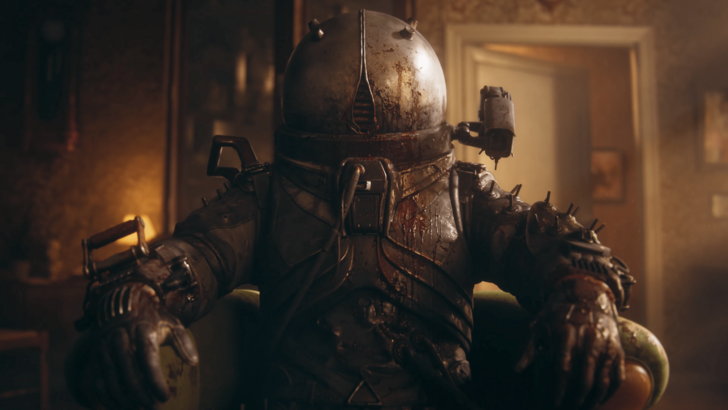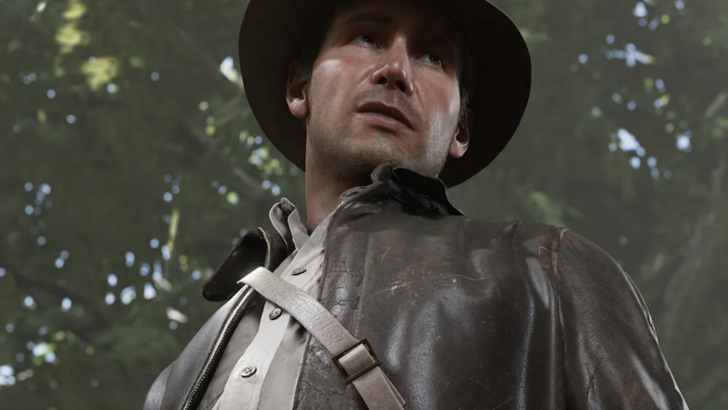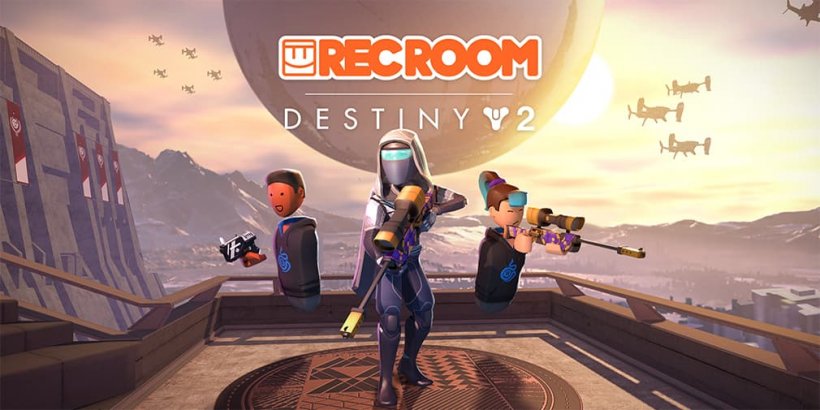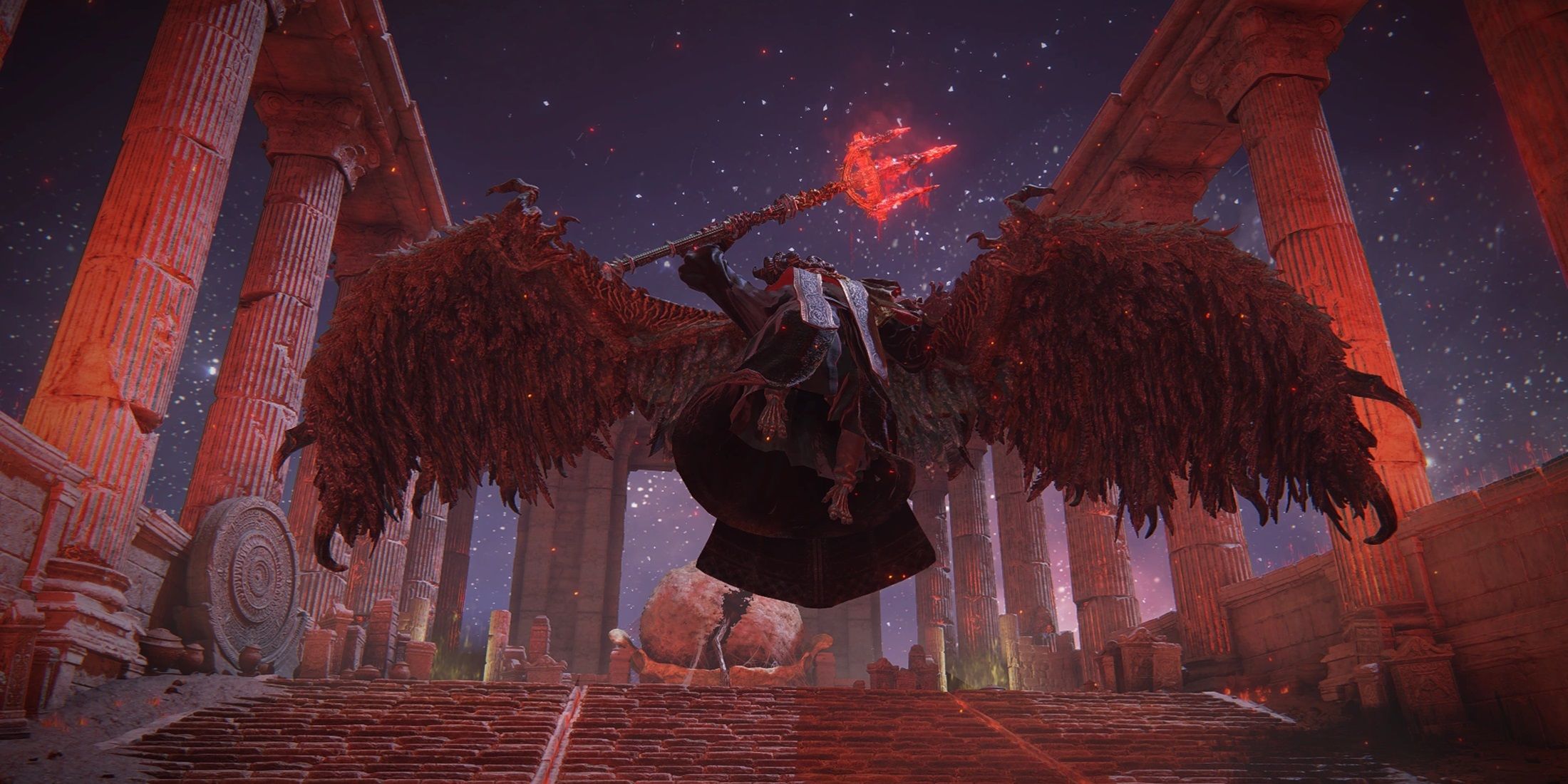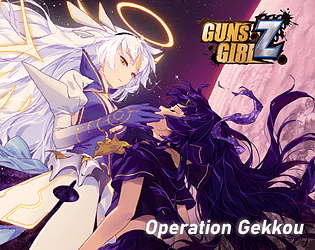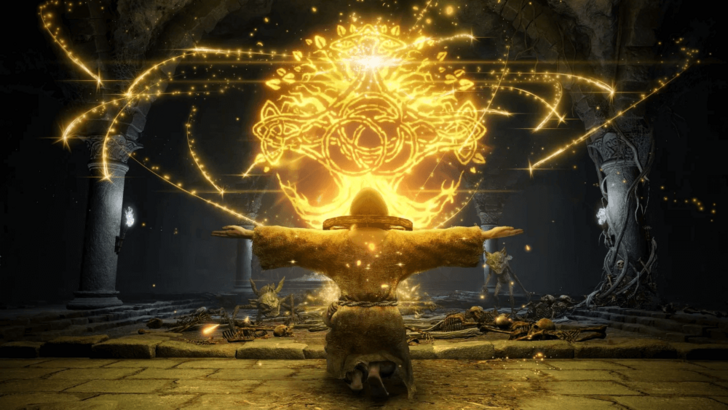
An Elden Ring player has initiated legal action against Bandai Namco and FromSoftware, claiming that the game's high difficulty conceals substantial content from players. Dive into the details of this intriguing lawsuit, its potential for success, and the motivations behind the plaintiff's actions.
Elden Ring Player Takes Legal Action in Small Claims Court
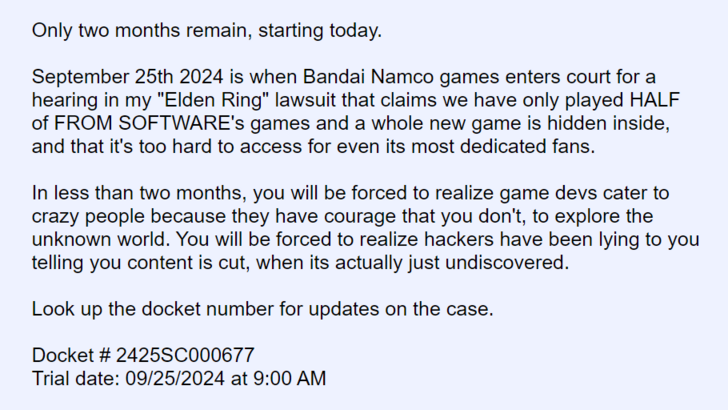
An Elden Ring enthusiast, known online as Nora Kisaragi, has announced plans to sue Bandai Namco in small claims court on September 25. Kisaragi alleges that Elden Ring, along with other FromSoftware titles, contains a "whole new game" hidden within its challenging gameplay. They argue that the developers deliberately obscure this content, making it inaccessible to many players.
FromSoftware's games are celebrated for their demanding yet equitable difficulty. The latest Elden Ring DLC, Shadow of the Erdtree, has further solidified this reputation, challenging even the most experienced players.
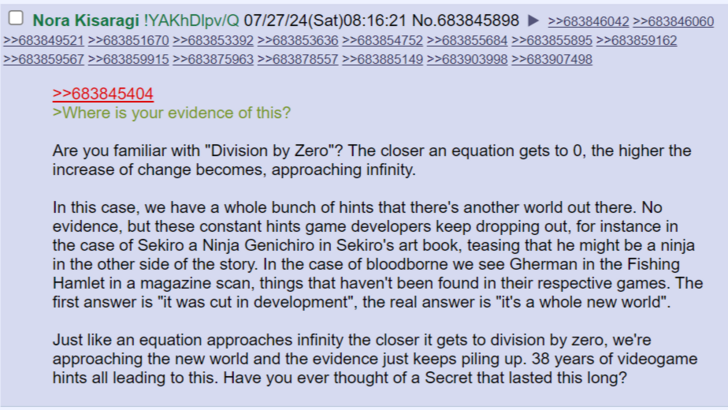
Kisaragi contends that the game's difficulty serves to mask significant portions of content that remain undiscovered. They claim that Bandai Namco and FromSoftware misleadingly advertise the game as complete, pointing to datamined content as proof. While some believe this material was cut during development, Kisaragi insists it is intentionally hidden.
Despite lacking concrete evidence, Kisaragi relies on what they perceive as "constant hints" from the developers. They reference Sekiro’s art book, which suggests an alternate storyline for Genichiro, and a statement by FromSoftware President Hidetaka Miyazaki about humanity's role in Bloodborne. Kisaragi's argument boils down to the notion that players have paid for content they cannot access or even know about.
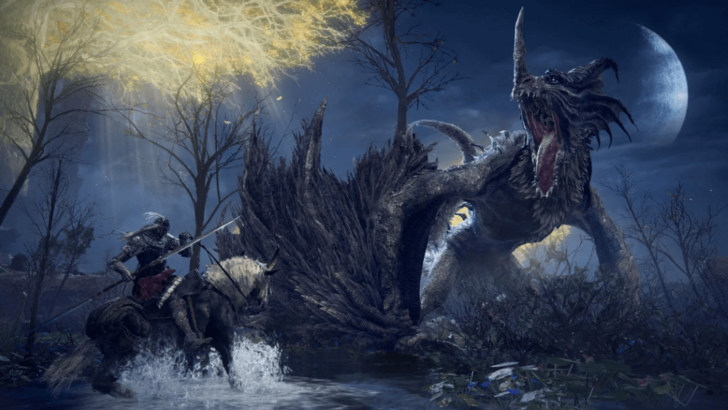
Many view the lawsuit as far-fetched, noting that if such hidden content existed, dataminers would likely have uncovered it by now. It's common for games to retain remnants of cut content due to development constraints, a practice widespread in the gaming industry and not indicative of intentionally hidden content.
Assessing the Lawsuit's Viability in Court
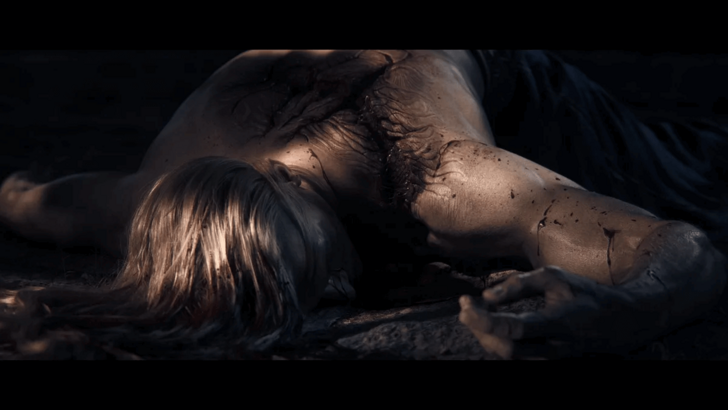
In Massachusetts, where the case was filed, anyone over 18 can bring a claim in small claims court without needing a lawyer. The court's informality allows for such filings, but the case's validity will be determined by a judge.
Kisaragi might argue under Consumer Protection Law that the developers engaged in "unfair or deceptive practices" by not disclosing relevant information about the game. However, proving these claims will be challenging. Kisaragi must present substantial evidence of a "hidden dimension" and demonstrate how this deception has harmed consumers. Without solid proof, the case risks dismissal for being speculative and lacking merit.
Even if Kisaragi overcomes these challenges and wins, the damages awarded in small claims court are limited. Yet, Kisaragi remains determined, stating, "I don’t care if the case is dismissed, just so long as I get Namco Bandai on public record saying the dimension exists. That’s all I care about."

 Latest Downloads
Latest Downloads
 Downlaod
Downlaod




 Top News
Top News